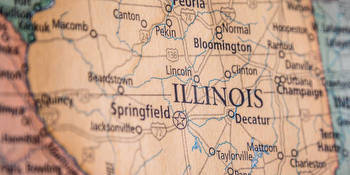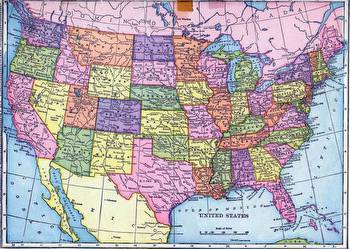As federal pandemic funds dry up, states turning to online gambling for tax revenue

A new report shows that Illinois is one of several states poised to allow online gaming to offset pandemic relief funding losses.
A report by Bonus.com said states have bills to pay and with federal funds drying up, they may look to alternative revenue sources instead of raising taxes on their residents.
Illinois already allows online sports betting, which has been a cash cow for the state. Since March 2020, Illinois has become one of the top sports betting markets in the country.
Researcher Heather Fletcher said Illinois is one of five states to watch in 2023 for possible online casino legalization.
“Specifically for Illinois, once the market is mature it could mean $240 million, and that is if it’s taxed the same rate as sports,” Fletcher said.
Fletcher cites a report from VIXIO that estimates the U.S. iGaming market could grow to over $30 billion per year if all 42 states with legal online sports betting or retail casinos added online casinos. That could mean $6.5 billion in combined state tax revenue, assuming a tax rate of 20% in new iGaming states.
Michigan launched online casino, poker and sports betting in January 2021. During the first nine months, the state saw gross gaming revenues of $1.1 billion. The move generated $26 million in taxes for state coffers.
Indiana, Iowa, New York and Colorado are the other states that may be considering iGaming.
“If you take a look at how some states are offsetting pandemic tax revenue losses without tax hikes, it’s hard to ignore recent legal online gambling income streams,” Managing Editor Michael Epifani said. “Pennsylvania is a great example. Legalization has been a significant job and revenue generator, and instead of Pennsylvanians complaining about increased taxes, some are entertained by placing bets.”































